Unlocking the Power of Visual Learning: A Comprehensive Guide to Free Concept Map Templates
Related Articles: Unlocking the Power of Visual Learning: A Comprehensive Guide to Free Concept Map Templates
Introduction
With great pleasure, we will explore the intriguing topic related to Unlocking the Power of Visual Learning: A Comprehensive Guide to Free Concept Map Templates. Let’s weave interesting information and offer fresh perspectives to the readers.
Table of Content
Unlocking the Power of Visual Learning: A Comprehensive Guide to Free Concept Map Templates
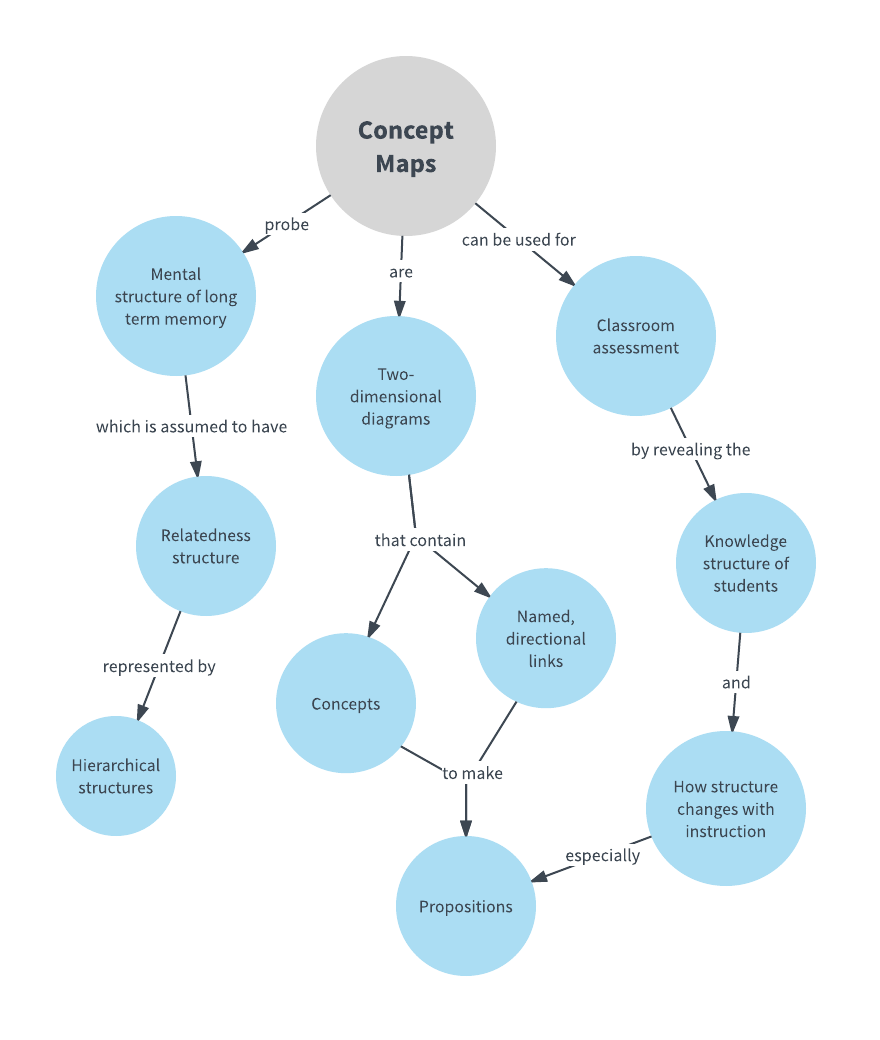
Concept maps are a powerful tool for visualizing information and fostering deeper understanding. They are essentially diagrams that represent concepts and their relationships, aiding in knowledge organization, comprehension, and retention. While creating concept maps manually can be time-consuming and require artistic skill, free concept map templates offer a convenient and accessible solution.
This article delves into the world of free concept map templates, exploring their various benefits, functionalities, and applications. We will examine the different types of templates available, discuss their importance in education, business, and personal development, and provide practical tips for effective use.
Understanding the Essence of Concept Maps
A concept map is a visual representation of knowledge that employs nodes and connecting lines to depict the relationships between different concepts. Nodes, typically represented as boxes or circles, contain individual ideas or terms. Lines connecting these nodes signify the nature of the relationship, such as "is a," "has a," or "causes."
The Advantages of Using Free Concept Map Templates
Free concept map templates offer numerous advantages over manual creation, making them an invaluable tool for individuals and organizations alike:
- Accessibility: Free templates eliminate the financial barrier to using concept maps, making them accessible to everyone regardless of budget.
- Convenience: Templates provide pre-designed structures, saving time and effort compared to manual drawing.
- Customization: Most templates offer customizable features, allowing users to adjust colors, fonts, and layouts to suit their needs and preferences.
- Versatility: Free templates are available in diverse formats and styles, catering to various subject areas and learning styles.
- Collaboration: Many templates enable collaborative editing, facilitating team projects and knowledge sharing.
Types of Free Concept Map Templates
Free concept map templates are available in various formats, each tailored to specific needs and purposes. Here are some common types:
- Basic Templates: These templates provide a simple structure with nodes and connecting lines, offering a blank canvas for users to create their own maps.
- Pre-defined Templates: These templates include pre-populated nodes and relationships, providing a starting point for specific topics or concepts.
- Interactive Templates: These templates allow users to add, edit, and move nodes and lines dynamically, facilitating an interactive and engaging learning experience.
- Online Templates: These templates are hosted on online platforms and can be accessed and edited from any device with internet access.
- Offline Templates: These templates can be downloaded and used offline, offering convenience for situations with limited internet connectivity.
Applications of Free Concept Map Templates
The versatility of free concept map templates makes them applicable across diverse fields:
- Education: Teachers can use templates to create engaging learning materials, facilitate student comprehension, and assess learning outcomes.
- Business: Businesses can utilize templates for brainstorming, project planning, idea mapping, and knowledge management.
- Personal Development: Individuals can use templates for goal setting, note-taking, and organizing personal information.
- Research: Researchers can employ templates to visualize research findings, identify gaps in knowledge, and develop new hypotheses.
FAQs About Free Concept Map Templates
Q: What are the best free concept map software or online tools available?
A: Several reputable free concept map software and online tools are available, including:
- Mindomo: A comprehensive online platform offering various features, including collaboration and pre-built templates.
- Coggle: A user-friendly tool for creating collaborative mind maps and concept maps.
- FreeMind: A free, open-source software for creating mind maps and concept maps on desktop computers.
- XMind: A versatile mind mapping and concept mapping software offering various features and templates.
- Canva: A popular online design platform with a selection of free concept map templates.
Q: What are the advantages of using free concept map templates over manual creation?
A: Free templates offer several advantages, including:
- Time-saving: Templates provide pre-designed structures, eliminating the need for manual drawing.
- Professional appearance: Templates offer visually appealing designs, enhancing the presentation of information.
- Customization options: Templates allow users to adjust colors, fonts, and layouts to suit their preferences.
- Collaboration features: Many templates enable collaborative editing, facilitating team projects.
Q: How can I effectively use free concept map templates?
A: To effectively utilize free concept map templates, follow these steps:
- Choose the right template: Select a template that aligns with your purpose and the complexity of the subject matter.
- Define your central concept: Clearly identify the main idea or concept you want to map.
- Identify key sub-concepts: Break down the central concept into smaller, related ideas.
- Establish relationships: Connect the concepts with lines and labels indicating the nature of the relationship.
- Review and refine: Regularly review and refine your map, adding or removing concepts and relationships as needed.
Tips for Effective Concept Mapping
- Keep it simple: Avoid overloading your map with too many concepts or complex relationships.
- Use clear and concise language: Ensure the nodes and labels are easily understandable.
- Employ visual cues: Use different colors, fonts, and shapes to differentiate concepts and relationships.
- Practice regularly: Consistent use of concept maps enhances your ability to visualize and organize information.
Conclusion
Free concept map templates offer a powerful tool for individuals and organizations seeking to enhance learning, communication, and problem-solving. By leveraging these templates, users can unlock the power of visual learning, improve knowledge retention, and effectively communicate complex ideas. The accessibility, convenience, and versatility of free templates make them an invaluable resource for education, business, and personal development. By embracing the power of concept maps, we can foster deeper understanding and unlock the full potential of our cognitive abilities.
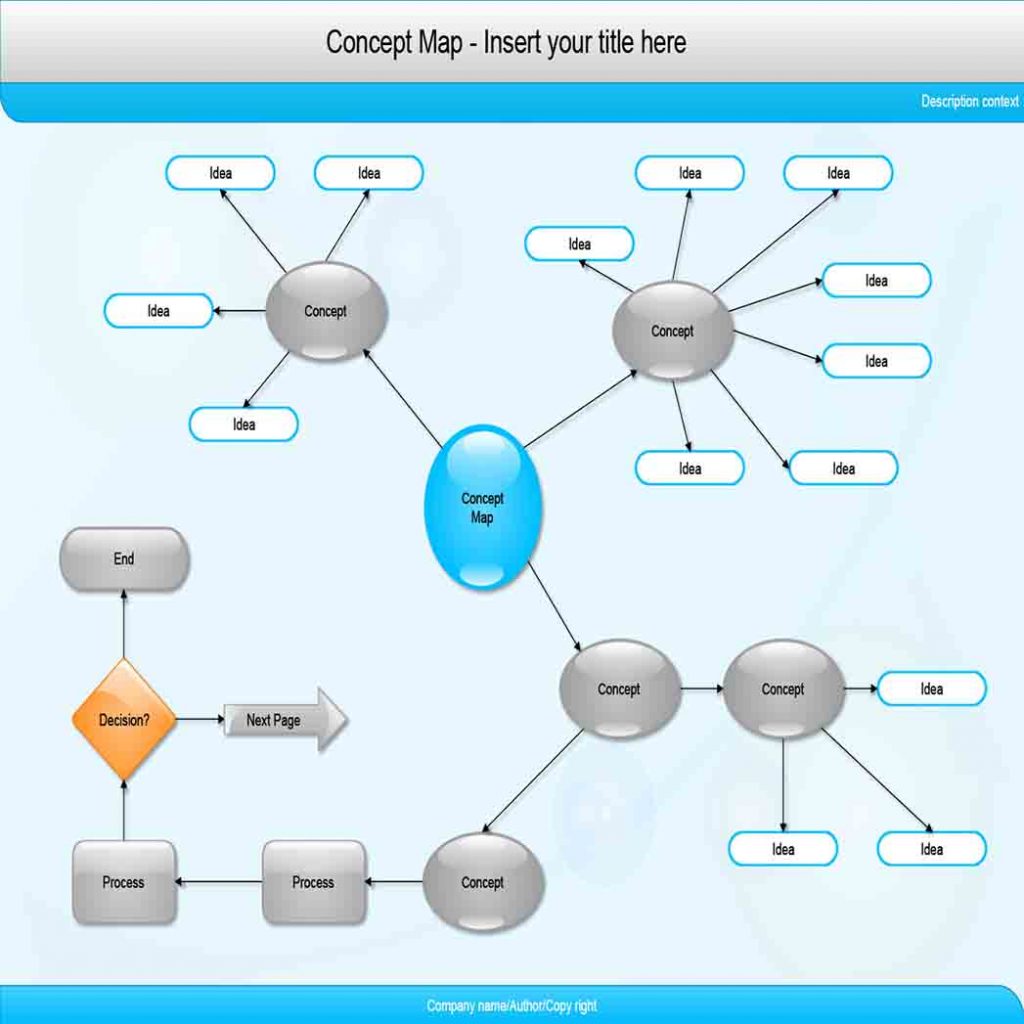
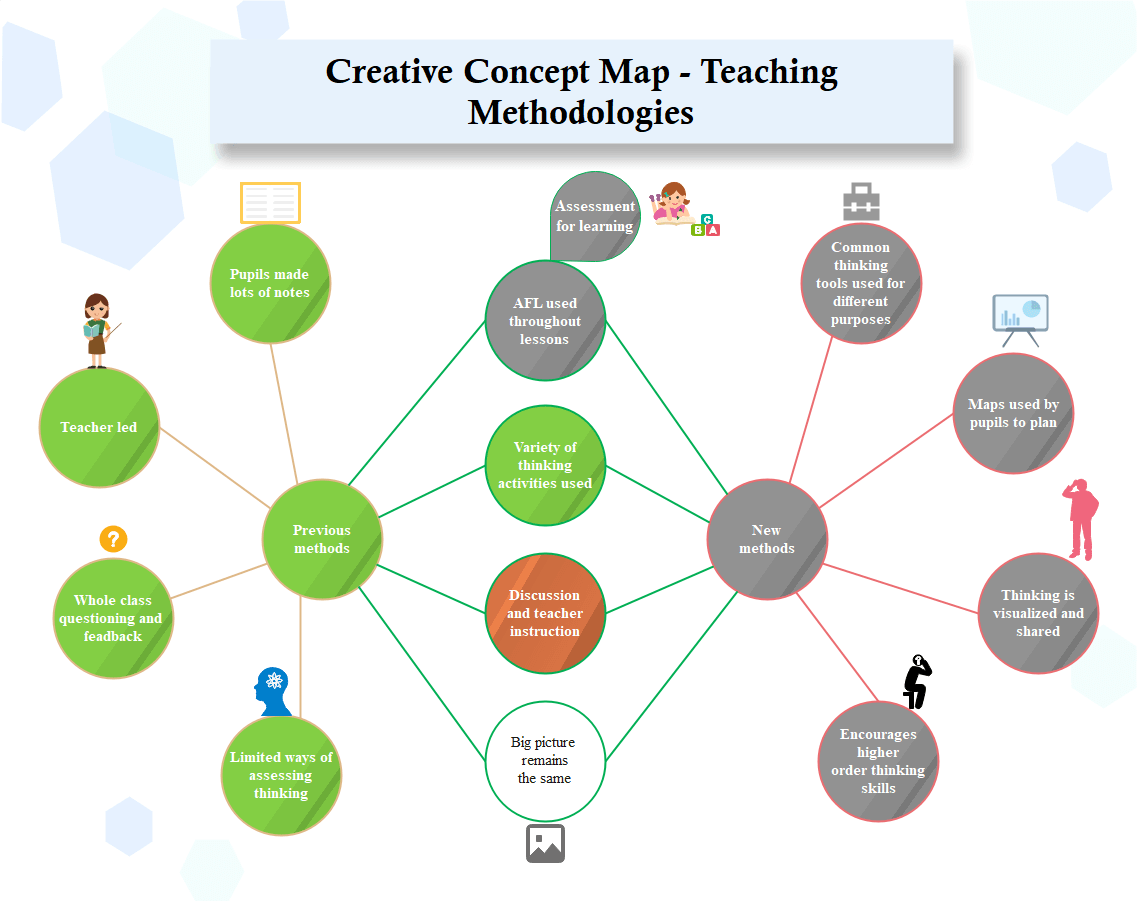

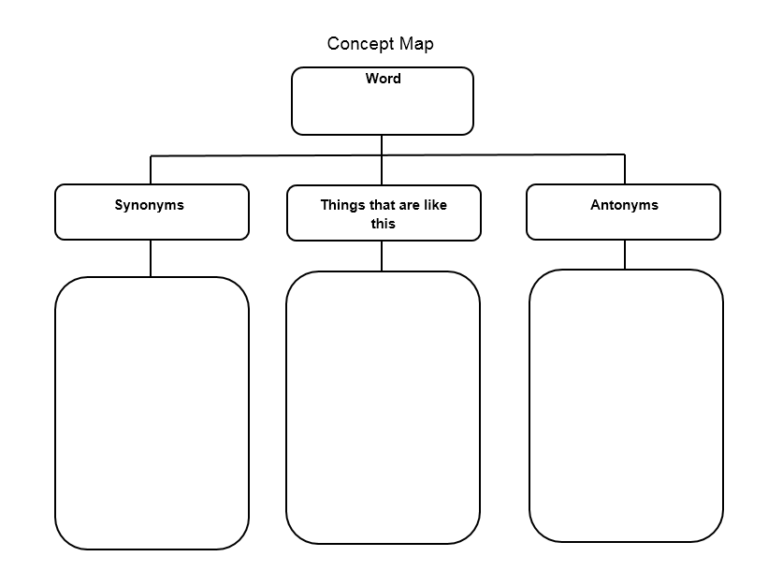
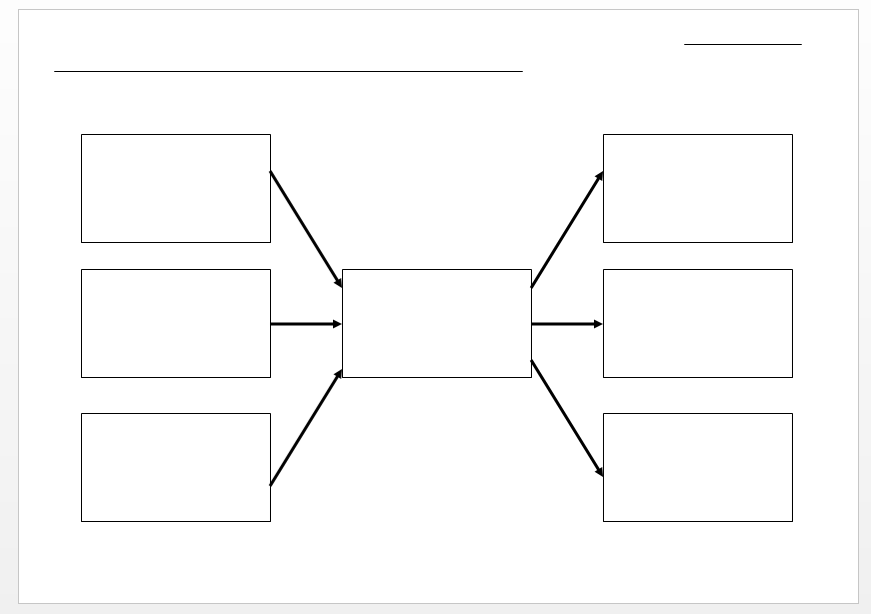
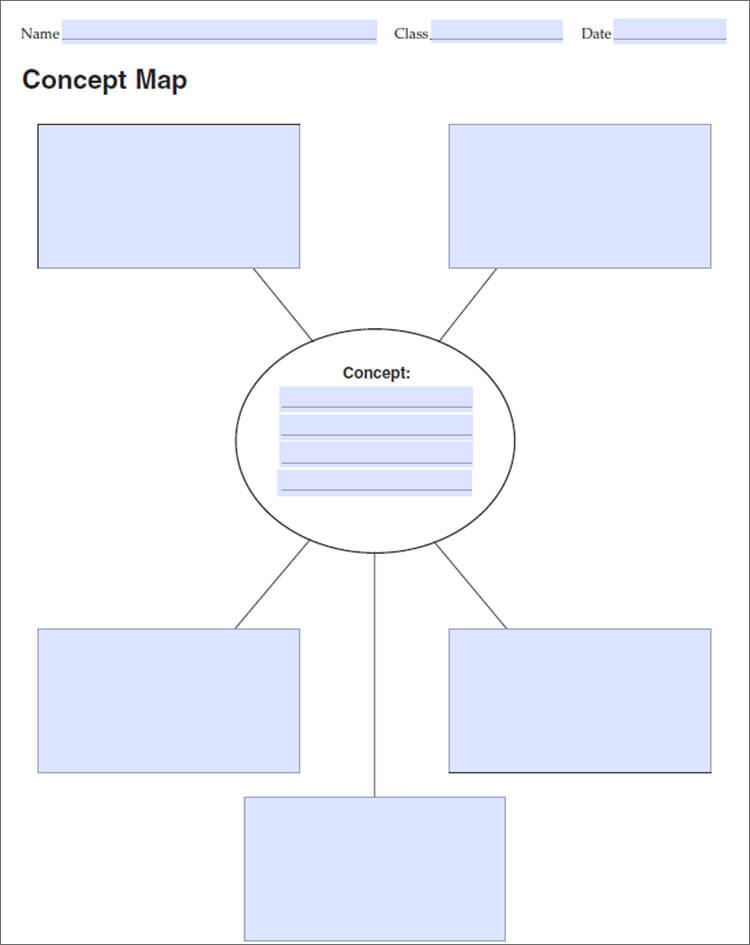

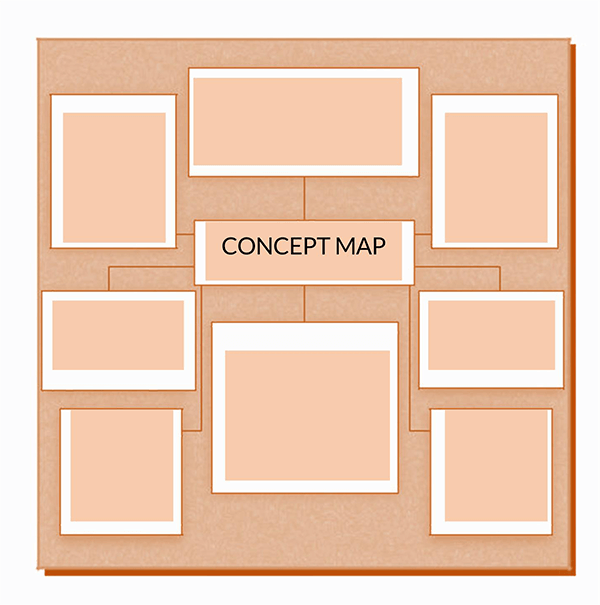
Closure
Thus, we hope this article has provided valuable insights into Unlocking the Power of Visual Learning: A Comprehensive Guide to Free Concept Map Templates. We thank you for taking the time to read this article. See you in our next article!